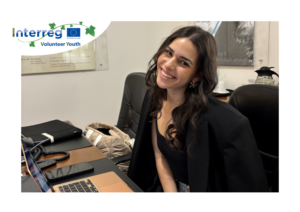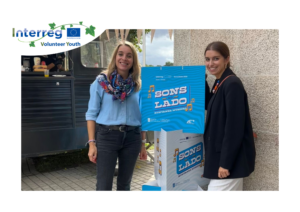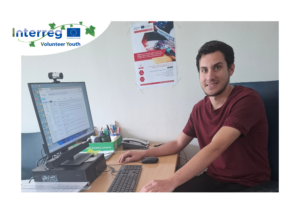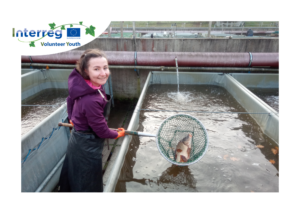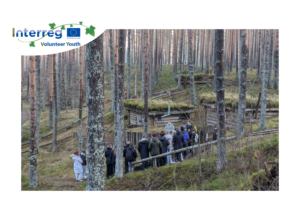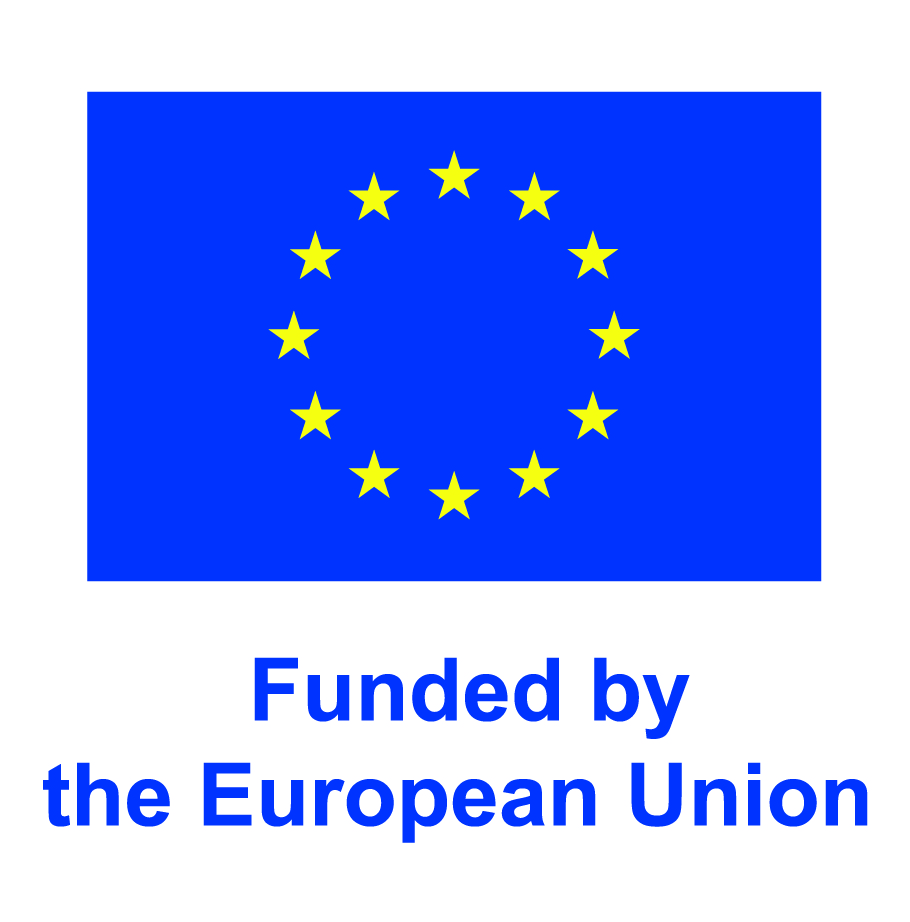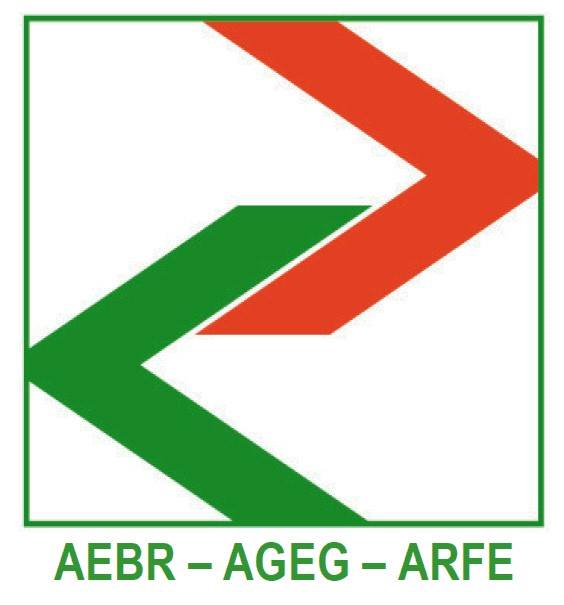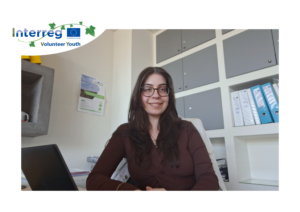
Winds of change: volunteering with Biowind
Hello everyone! I’m Eleni Kanellopoulou, and I’m currently volunteering with BIOWIND as part of the Interreg Volunteer Youth (IVY) program in Patras, Greece. Having graduated in Management Science & Technology, I’m passionate about sustainability and regional cooperation, and BIOWIND is a great chance to combine both. Cofounded by INTERREG Europe, the project brings together 11 partners from 8 countries to tackle key barriers in wind energy development, mainly public resistance and complex permitting processes. BIOWIND emphasizes the connection between climate action, biodiversity protection, and public opinion to improve social acceptance of wind power. It aims to align renewable energy and environmental policies across Europe, simplify the permitting process for wind farms while respecting biodiversity standards, encourage community-led wind initiatives, and boost research in wind technologies and decommissioning practices. In my role, I support the lead partner in Patras by enhancing communication and outreach. I help share the project’s activities, goals, and impact with local stakeholders, target-groups, the wider public via social media, local engagement, and content creation. I truly aspire to make the project more visible and accessible while also promoting the value of international cooperation and citizen involvement. What I appreciate most about BIOWIND is how it brings people together- local communities, experts, and decision makers- to shape a greener common future. Being part of this effort is both inspiring and educational, and I’m proud to help give voice to such an important initiative. – Eleni, IVY Project Partner at REGION OF WESTERN GREECE for the Interreg Europe project “BIOWIND” Discover more about the BIOWIND project Click Here Discover more about Region of Western Greece Click Here

